دزیره
نویسنده:
آن ماری سلینکو
مترجم:
سید مهدی علوی
امتیاز دهید
✔️ کتاب دزیره یکی از ده رمان برتر دنیاست که به فارسی هم ترجمه شده است. اوژنی دزیره کلاری (Désirée Clary) (۱۷۷۷ - ۱۸۶۰) یکی از ملکههای سوئد و نروژ بود. دزیره در ابتدا معشوقه ی ناپلئون بوده است. اما ناپلئون با شخص دیگری ازدواج کرده و دزیره با یکی از قدرتمندان جمهوری (ژان باپتیست برنادوت) ازدواج می کند و سرانجام ملکه ی سوئد می شود . دزیره داستان سالها بعد از جمهوری ، زندگی شخصی خود ، به قدرت رسیدن ناپلئون و اتفاقات سیاسی و اجتماعی را که در این دوران اتفاق می افتد به صورت خاطرات شخصی در دفترچه ی خاطراتش می نویسد و کتاب از زبان دزیره و از دفتر چه ی خاطرات وی نوشته شده است.
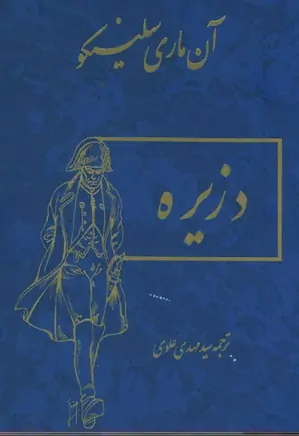
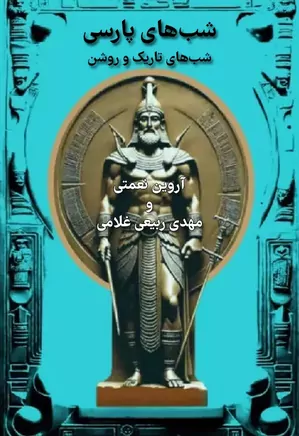
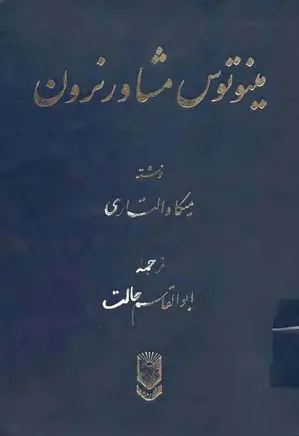
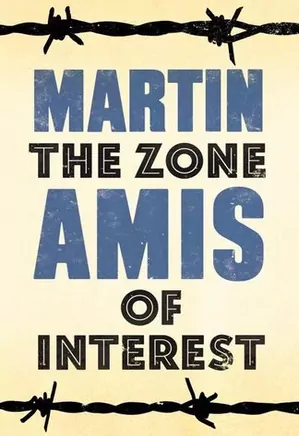
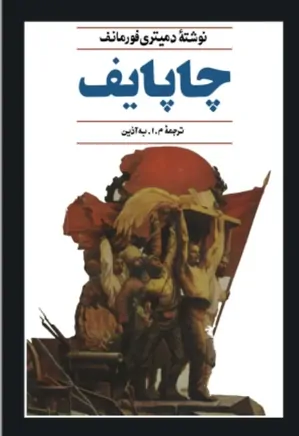
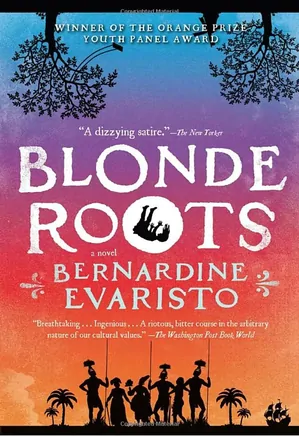
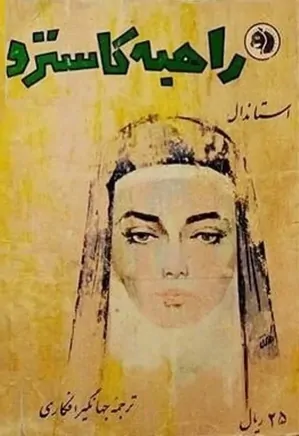

دیدگاههای کتاب الکترونیکی دزیره
در هر حال ممنون
Désirée
During World War II, novelist Annemarie Selinko and her Danish husband fled to Sweden. She worked with the Swedish Red Cross as a German language interpreter, assisting refugees from the concentration camps, who had been brought to Sweden through Count Folke Bernadotte's negotiations with Himmler. She was inspired by one of these refugees to write
.the story of Désirée Clary
The book was originally published in 1951 in German, by Kiepenheuer & Witsch, and quickly rose to the best-seller lists around
.the world. It has been translated into many languages, including English, French, Spanish, Turkish, Greek, and Chinese
There are at least two different English translations. The American version was published in 1953, by William Morrow and Company, New York. The translator is not identified (at least in the copies I own), however, the publishers acknowledge Joy Gary, for "special assistance... in the preparation of the final American version of this novel." Comparison of this version and
.the original shows that some sections of the original text were not included
The translation by Arnold Bender and E. W. Dickes was published in 1954 by the Reprint Society, London. If you're only familiar with the American version, I recommend you seek out this version, as the translation is very different, and the complete text
.of the book is there
From the End of Part I:
Original German: Ich bin glücklich. Lieber Gott im Himmel, lieber Lindenbaum unten auf der Strasse, liebe Rosen in der blauen Vase - ich bin so glücklich.
English translation (U.S.): I am happy. Dear Lord in Heaven, dear lime trees outside along the road, dear roses in the blue vase - I am so completely happy.
English translation (London): Happy, happy, oh how happy I am! Let me tell it to all the world, you, God in Heaven, you, lime trees in the street, you, roses in the vase, how happy I am!
French translation: Je suis heureuse, cher Dieu du ciel, cher tilleul dans la rue, sous mes fenêtres, chères roses du vase bleu -- comme je suis heureuse!
Hungarian translation: Boldog, boldog, َ, milyen boldog vagyok! Isten az égben, hلrsfلk az utcلn, rَzsلk a vلzلban, ti tudjلtok milyen boldog vagyok! - (thanks to Anette from Budapest, Hungary)
Dutch translation: Ik ben gelukkig. God in de hemel, beste lindeboom beneden op straat, lieve rozen in de blauwe vaas - ik ben gelukkig. - (thanks to Desiree from The Netherlands)
Swedish translation: Jag är lycklig. Käre Gud I himmelen, kära lind nere pه gatan, kära rosor I den blه vasen – jag är sه lycklig.
Italian translation: Sono felice, caro Dio nel cielo, cari alberi di tiglio luno la via, care rose nel vaso blu - completamente felice! - (thanks to Elisabetta from Italy)
Finnish translation: Olen onnellinen. Rakas taivaallinen isن, rakas lehmus alhaalla kadulla, rakkaat ruusut sinisessن maljakossa -- olen niin onnellinen. - (thanks to Anette from Finland)
Do you have a copy of the book in another language? Please contact me! (If you previously sent me a translation and you don't see it here - please send it again.)
یا حق. ;-)